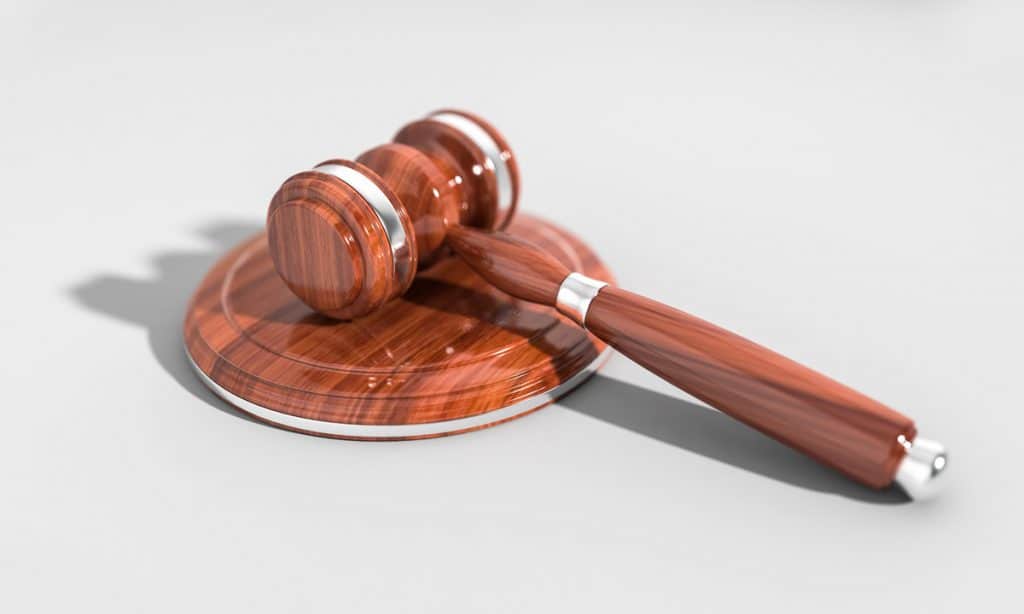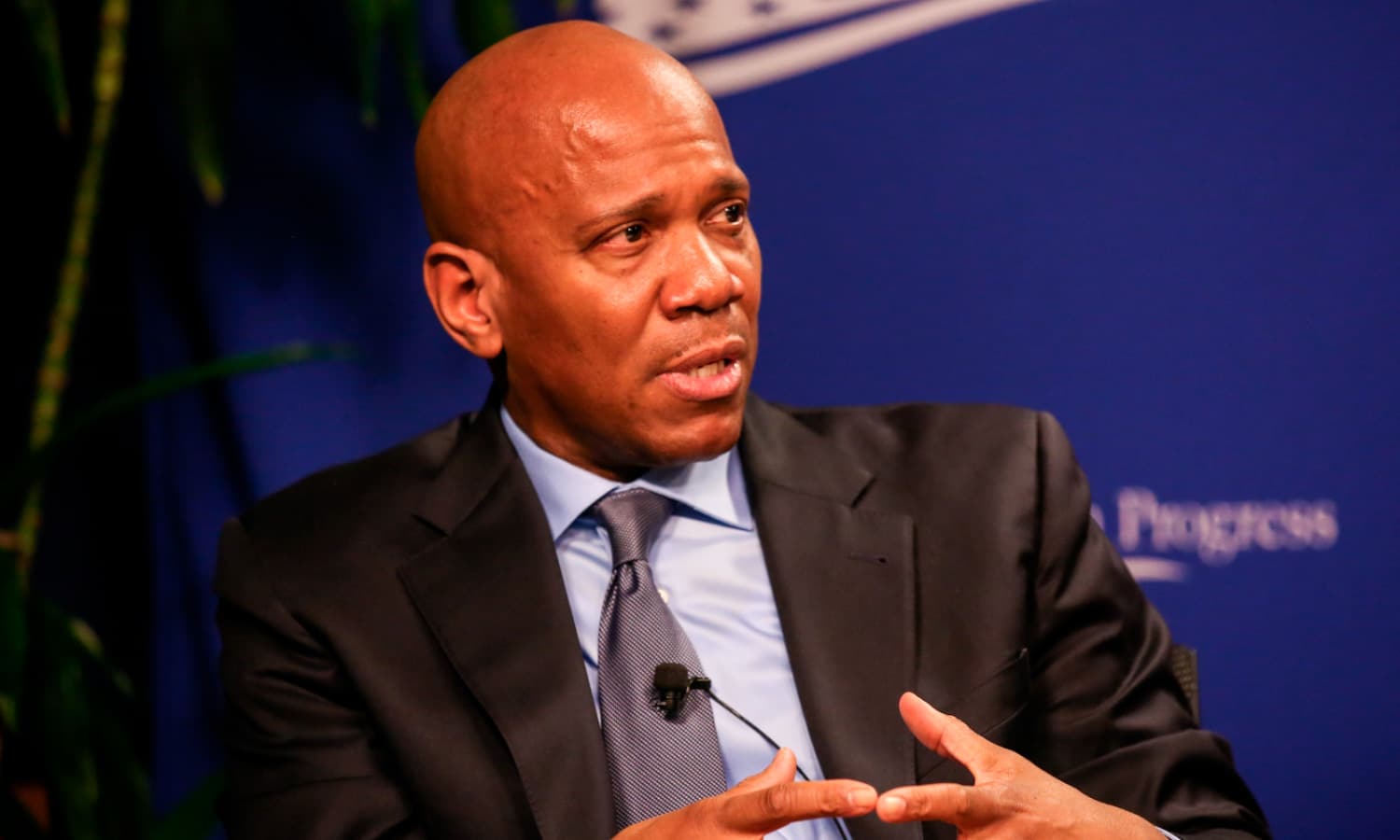Dear readers, we wanted to share a message from Marijuana Policy Project ED Steve Hawkins as one of our partners and leaders in the legalize cannabis movement.
“I decided to join MPP because I believe that we will not fundamentally change policing practices in this country until we put an end to the war on drugs, and it starts with ending the prohibition on cannabis.”
I just spent the last two nights immersed in work that is sadly too familiar. I found myself once again providing assistance to lawyers representing an African American family who had lost a loved one at the hands of the police. So often, I am drawn back to where my career began over three decades ago as a young civil rights lawyer taking on cases involving police brutality and the death penalty. For me, there was little distinction between Black and Brown people losing their lives on the street to the police and those same people being strapped to gurneys and put to death. Both serve as forms of state-sanctioned murder disproportionately applied to people of color in the United States.
The murder of George Floyd by four Minneapolis police officers is merely the latest chapter in a long and ugly history of racial oppression that has defined our nation since its inception. I have spent my life fighting against this legacy and striving for racial justice in multiple ways — through the courts, at the United Nations, in the halls of Congress and state legislatures, and on the front lines of protest. Indeed, that journey is what led me to serve as executive director of the Marijuana Policy Project two years ago.
Since 1970, when President Nixon listed cannabis as a Schedule I drug under the Controlled Substances Act, this plant has been at the epicenter of a vicious drug war. This war has been waged on communities of color over the last half century, taking the form of oppressive policing in which African American and Latinx lives have proven to be expendable. We have seen this in deadly police encounters, such as the killing of Philando Castile, where the police officer rationalized the shooting because he smelled “burnt marijuana” in the car and “thought I was gonna die.”
RELATED: Science Says Medical Marijuana Improves Quality Of Life
This cannabis-consumption-as-justification has been used repeatedly, as we saw with Trayvon Martin (trace amounts of THC in his system as grounds for asserting he was under the influence), Michael Brown (recent use of cannabis), and Sandra Bland (found hung in her jail cell). Further, a quarter of all deadly “no-knock” drug raids, such as the one that resulted in the recent police shooting of Breonna Taylor, involved cannabis during a seven-year period (2010-2017) according to The Washington Post. Those killed include James Wescott (.2 grams in his possession) and Henry Magee (12 plants in his home) — both African American men. All of these lost lives represent intolerable crimes of racial injustice perpetrated by law enforcement under a system that has weaponized cannabis against people of color.

I decided to join MPP because I believe that we will not fundamentally change policing practices in this country until we put an end to the war on drugs, and it starts with ending the prohibition on cannabis. The latest FBI statistics show that there were over 660,000 cannabis arrests in 2018 — one every 48 seconds — with blatant racial disparities in arrest rates. Take that number and increase it by a magnitude of four or five and you peek into the window of millions of police encounters where Black and Brown youth are subject to harassment and intimidation each day, sometimes with fatal consequences. I witnessed this firsthand with my nephews — Joshua and Isaiah — growing up in Yonkers, New York, as their feelings of self-worth and dignity were diminished by the numerous times they were stopped, questioned, searched, and insulted by the police.
There are many ways that policing will have to change in the United States to protect Black and Brown lives. That includes proper training on racial bias and use of force, a reward system for de-escalating conflict, independent prosecutors and autopsy examiners in police shootings, and federal laws to bar chokeholds and other forms of deadly restraint. But we must add to that list the legalization of cannabis — and not just its decriminalization. Only through legalization do we dramatically end arrests for cannabis-related offenses and rid ourselves of the number one pretext for thousands of police stops that happen daily in communities of color. While cannabis legalization alone will not save Black and Brown lives, it offers an opportunity to re-center policing away from a focus on the drug war to a focus on community healing and positive relationship-building. In that, there is hope.
In solidarity,
Steve Hawkins
Executive Director
Marijuana Policy Project


